Two Chefs, Perran From Lyon, France and Marsel from Tashkent, Uzbekistan met in Dubai, UAE. They got married, migrated to Australia and founded a catering company Samovar Catering with a great mission to introduce Russian cuisine to Australian people, overturning their preconceptions along the way.
A culinary misconception
"There are only a few Russian restaurants in Australia and [many] of them are opened just over the weekends or on some special dates," Marsel tells SBS Russian.
He believes there is a misconception about Russian cuisine and deeply entrenched stereotypes that the couple want to change.
Marsel says that because of the strange working hours of many Russian restaurants in Australia, people have to be truly curious to visit it, coming at the right day and time.
"If they got this part right, they are usually left with an impression that Russian cuisine is about a lot of alcohol, loud music and strange beetroot and herring salad," says Marsel.
"We want to show that Russian food is more than that and can be really delicious and enjoyable for everyone."
Marsel Abushaev and Perran Vulliez-Rousselet have dedicated their whole life to cooking. They developed this passion in their childhood, as they both recall that cooking always had a special meaning in their households.
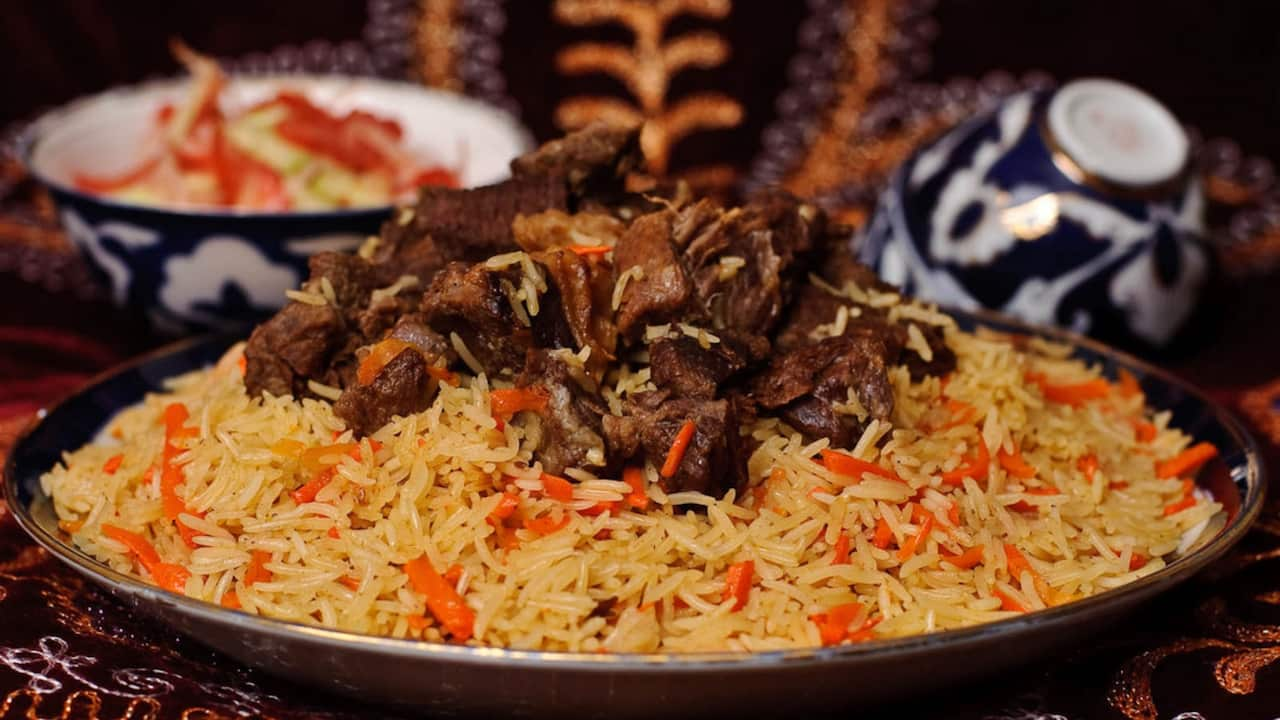
“Every man in Uzbekistan knows how to make plov, a traditional Uzbek dish, made with pilaf rice," says Marse.
"As the Uzbek saying goes, ‘If you’re poor, you eat plov. If you’re rich, you eat plov.' Plov was a first thing I learned to cook," Marsel says.
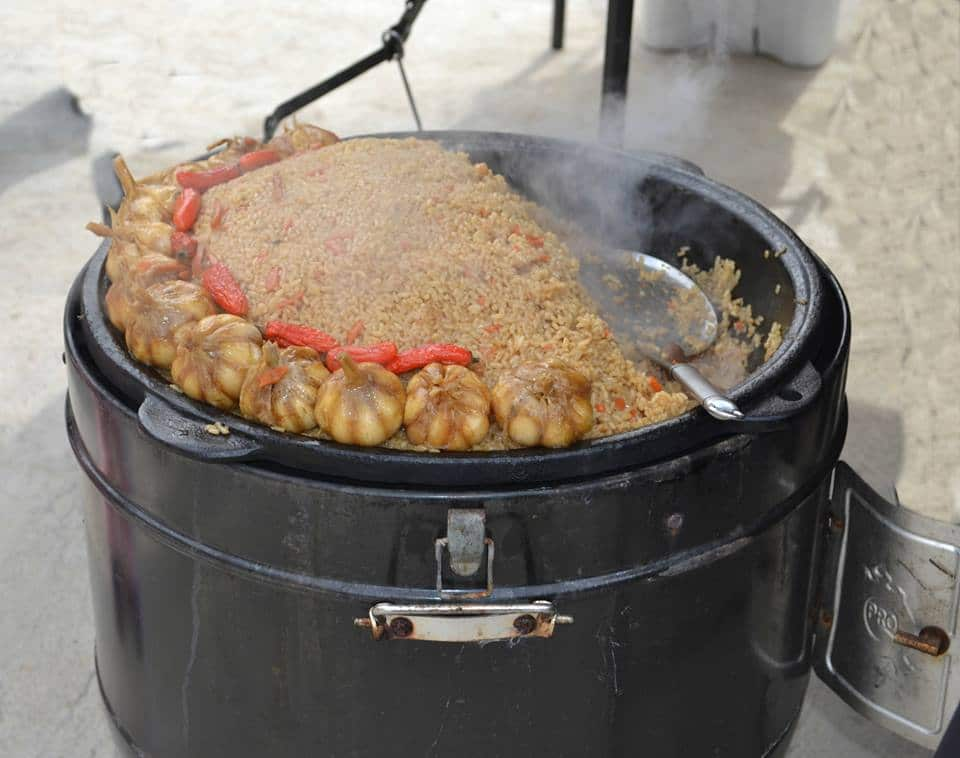
Russian cuisine rubbed off on former USSR states
The Republic of Uzbekistan is an independent country today, but it was a part of the USSR until 1991. It's not surprising then that Uzbek culture was greatly influenced by the Russians, and even these days the Russian language is still widely used there.
Marsel's family always loved Russian cuisine and he inherited this passion. When Marsel decided to become a chef and went to study at the Culinary College of Tashkent, his parents were very happy with his choice. At the same time in France, Perran enrolled in the "Culinary art and hotel management" stream in the Institut Paul Bocuse in France.
"One person who really inspired me with cooking was my grandfather," Perran tells SBS Russian.
"I remember we spend a lot of weekends in the kitchen, cooking, and he was teaching me his special recipes."
"After my graduation I went to work in the USA, then for some time I worked around Europe and the Middle East and that is where I met Marsel, fell in love and we migrated to Australia to start our family."
It turns out they have started not only a strong family in Australia, with three children now, but also a very successful catering business.
They named their company "Samovar," which is a well-known symbol of Russian hospitality.
Talking to Perran, you can’t help noticing that she has become a true ambassador for the traditional Russian cuisine too. Marsel admits that he is always amazed by how well his French wife makes 'pirozhki' (Russian version of pies) or 'pelmeni' (often compared with dumplings or ravioli).
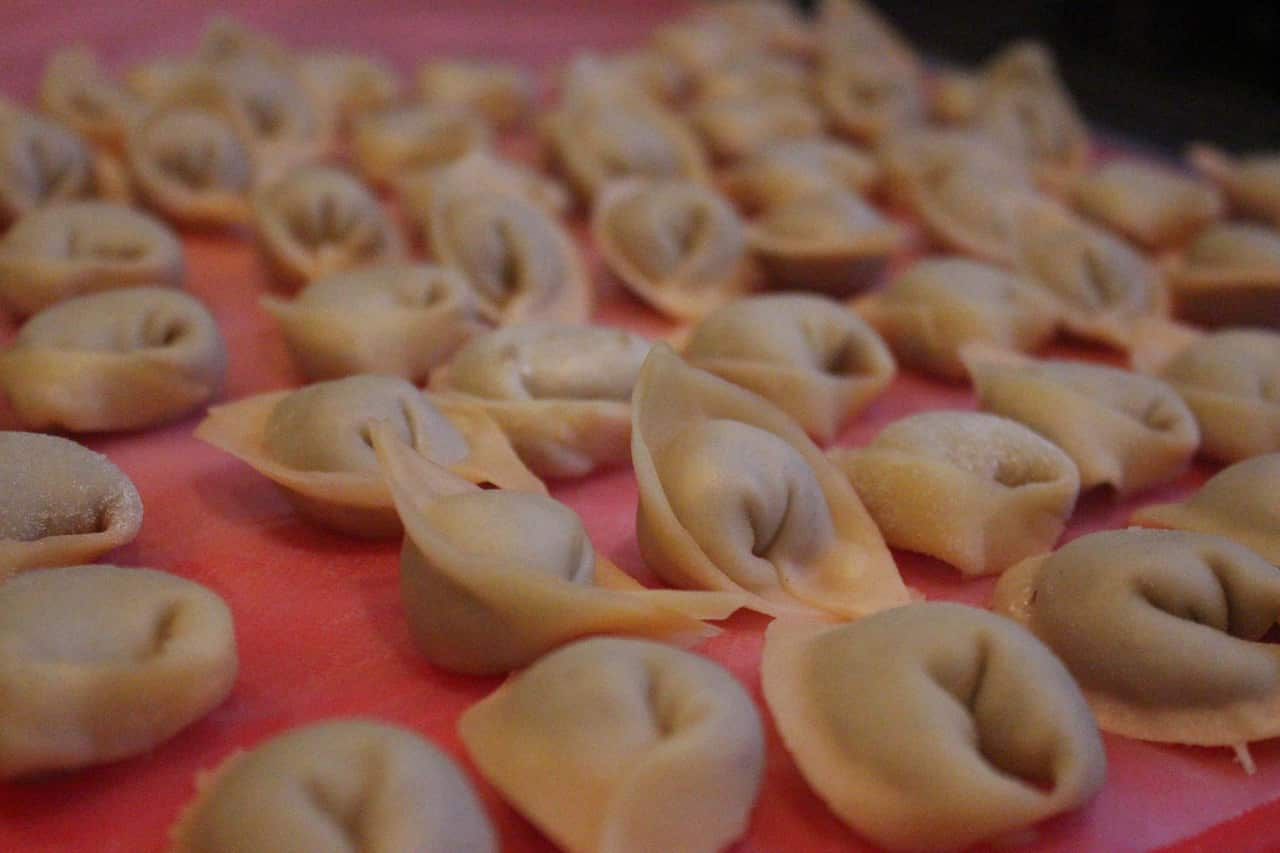
Perran explains what they mean by ‘traditional Russian cuisine;' "We try to bring back a cuisine of the period long before the Russian revolution, because in the Soviet Union the food has been simplified, people have forgotten how to use spices and many recipes were lost."
“For example, a dish ‘Kulebyaka’ is salmon and mushrooms wrapped in crepes backed in an oven," says Perran. "Or 'Pelmeni' is cooked in pots with different seasoning."
"There are lots of recipes on the internet today, but we are trying to find the most original versions, we recover the ingredients and flavours, and techniques of past ages, and recreate classic dishes."
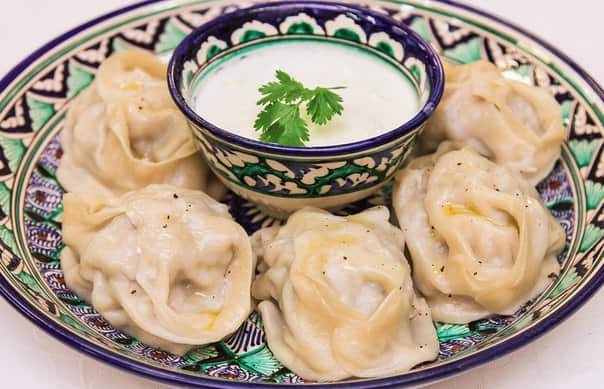
Yet, Marsel doesn’t forget his homeland’s food, bringing a slice of a small central Asian republic to Sydney. Their customers, people of different nationalities, highly appreciate ‘Manti’ - a very popular dish all over Russia and post-soviet countries and nowadays is the pride and joy of Uzbekistan.
Manti typically consists of a meat mixture, usually lamb or beef in a dough wrapper, steamed to perfection and served with a side of fresh tomato and coriander dip inspired from “Achichuk," a very popular Uzbek salad.
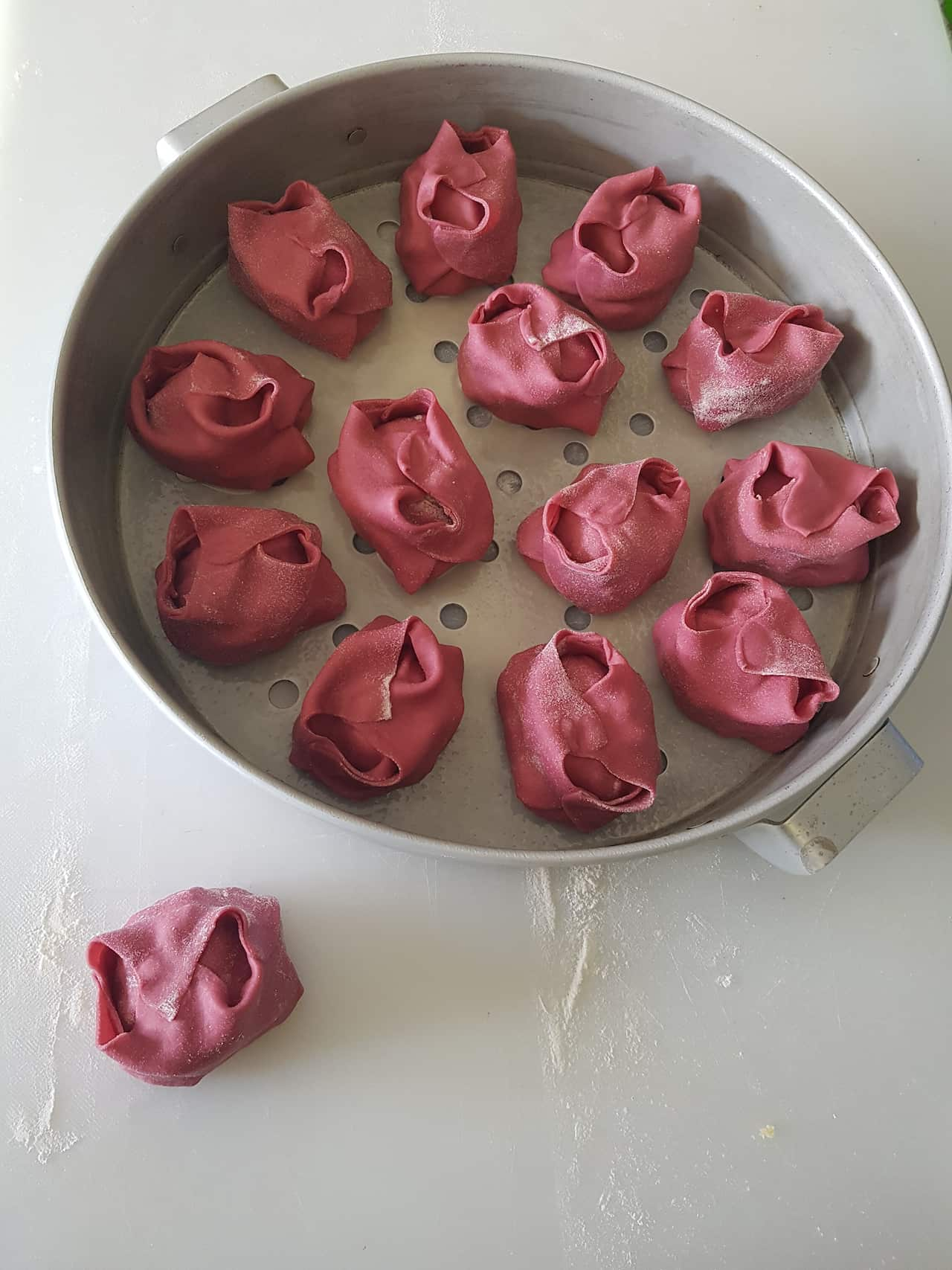
Until recently the couple could deliver their culinary masterpieces only within Sydney, however after the recent purchase of a big catering truck, they are able to travel throughout Australia and introduce Russian cuisine to people in the remote towns as well.
When asked how they see their business in five years from now, Marsel and Perran answered without hesitation: “Australia- wide!”
It seems they have everything for achieving this goal: great culinary experience, each other’s support and a true passion for cooking!
